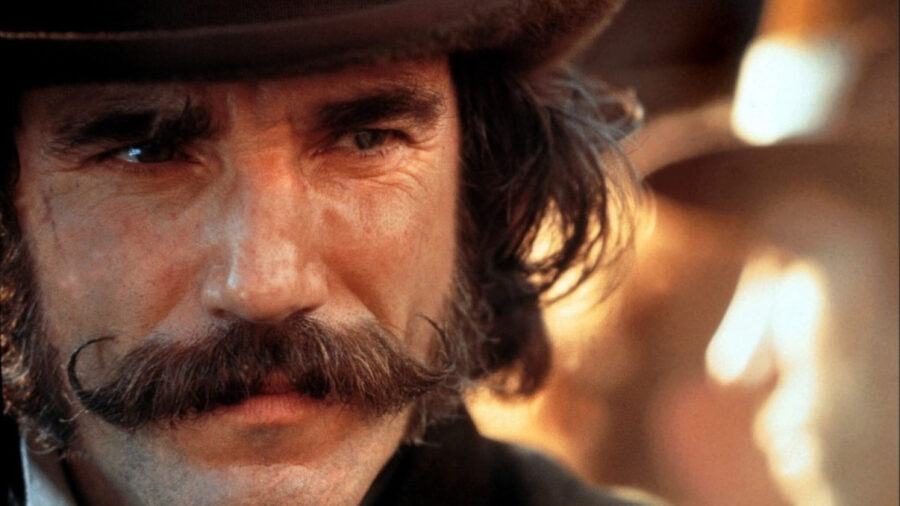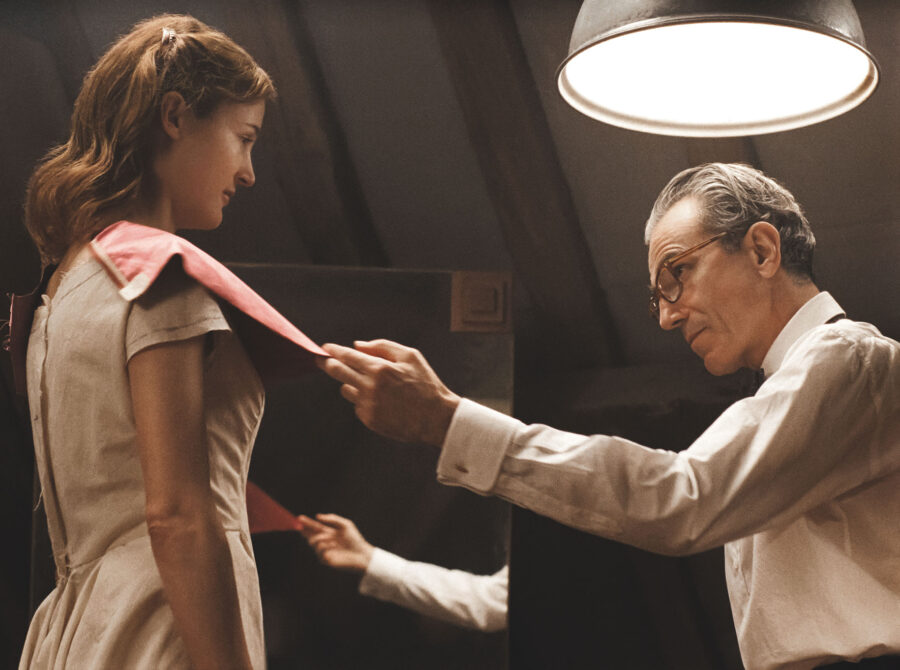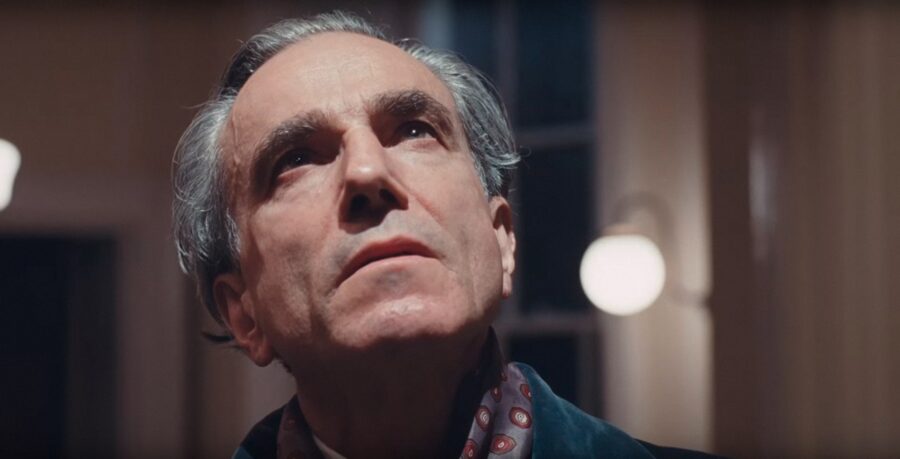Daniel Day-Lewis’s Final Movie Is Coming To Netflix This Week
This article is more than 2 years old

Phantom Thread, the final movie from legendary actor Daniel Day-Lewis, is set to begin streaming on Netflix January 16. At least in the USA, audiences will be able to see the 2017 film from director Paul Thomas Anderson. Upon its release, the film was met with critical acclaim and still has an excellent 91% approval rate on Rotten Tomatoes. Prior to the release of Phantom Thread, there was no indication that this would be Day-Lewis’s last performance. Although the British actor had always been notoriously selective in his roles, it still came as a surprise to audiences and critics when he announced his retirement.
Phantom Thread is essentially a kind of romance. Daniel Day-Lewis plays Reynolds Woodcock, a legendary London fashion designer. Within the film, the character is regarded as a genius, but also distant, obsessive and clinically in need of control. It was not hard for viewers to draw associations between Day-Lewis and Woodcock. The actor himself is well-known for his immersion into his roles, often at risk to his own safety and the ire of his coworkers. But more on that below. Back to Phantom Thread: Woodcock meets Alma Elson (Vicky Krieps) as she works as a waitress, and they soon begin a relationship. Once she’s drawn into his world, the story becomes a strange web of control, submission, family bickering and the changing face of fashion. It’s a movie of remarkable depth and resistant to easy interpretation. Coming from the reunion of the director and star of There Will Be Blood, there is little surprise there.

In the years before Phantom Thread, Daniel Day-Lewis had produced a number of masterpieces (and a few oddities). He won his first Academy Award for Acting in 1989 for his portrayal of real-life artist Christy Brown in My Left Foot. Brown suffered from cerebral palsy and was mostly paralyzed. For the near-entirety of shooting, Day-Lewis remained hunched in a wheelchair to understand what it might have been like. He ended up damaging (breaking, in some tellings) two ribs from sheer length of immobility. Stories like that and him catching pneumonia on the set of Martin Scorsese’s Gangs of New York after enduring winter in only 19th century appropriate clothing built a legend around the actor. His work ranged from prestige period pieces to kitchen-sink dramas. At a time, he was even rumored for a Star Wars film, strange as that sounds.
In many ways, the attempts at Oscar gold by actors like Leonard DiCaprio and Jared Leto by deliberately putting themselves in danger can be traced back to Daniel Day-Lewis. Despite DiCaprio’s finally securing an Academy Award by giving himself frostbite and Leto’s ongoing life theater, no one in living memory has really pulled it off like Day-Lewis. He is the only actor to have ever received three Academy Awards for Best Actor. He received the second for the aforementioned There Will Be Blood and a third for Steven Spielberg’s Lincoln. And according to Day-Lewis, there’s no chance at a fourth.
Still, this is not the first time that Daniel Day-Lewis has toyed with leaving acting. In the late 1990s, after portraying former Provisional IRA member Danny Flynn in The Boxer, he retreated from the public eye in what he called “semi-retirement.” Years later, it would become part of his legend that he had moved to Italy and apprenticed himself to an artisan shoemaker for some time. He had also had an acclaimed theater career in the 1980s, performing with the Royal Shakespeare Company for years. In another crucial part of the Day-Lewis mythos, he unexpectedly quit a production of Hamlet mid-performance in 1989. For years, rumors abounded that he was so deep in character that he had seen his own father’s ghost on stage.

Daniel Day-Lewis has subsequently denied this and insisted it was a metaphor for the difficult relationship with his father, British Poet Laureate Cecil Day-Lewis. Regardless, he quit theater acting entirely after that. And in 2017, it appears he did the same for screen acting. Netflix appears to be picking up a few Oscar-winning films from actors whose works has become increasingly rare in recent years, like the megahit Braveheart from the controversial Mel Gibson.
Phantom Thread is a fine film to finish a legendary career with. It does not have the sheer melodrama of The Crucible or the physicality of Last of the Mohicans. But in many ways, it’s one of the most representative of Day-Lewis’ work. Woodcock is unknowable, tightly controlled and always aware of how the world sees him and his art. It’s the same life that Day-Lewis lived for decades. We can only assume he was ready to stop being both Woodcock and pretending to be him.













